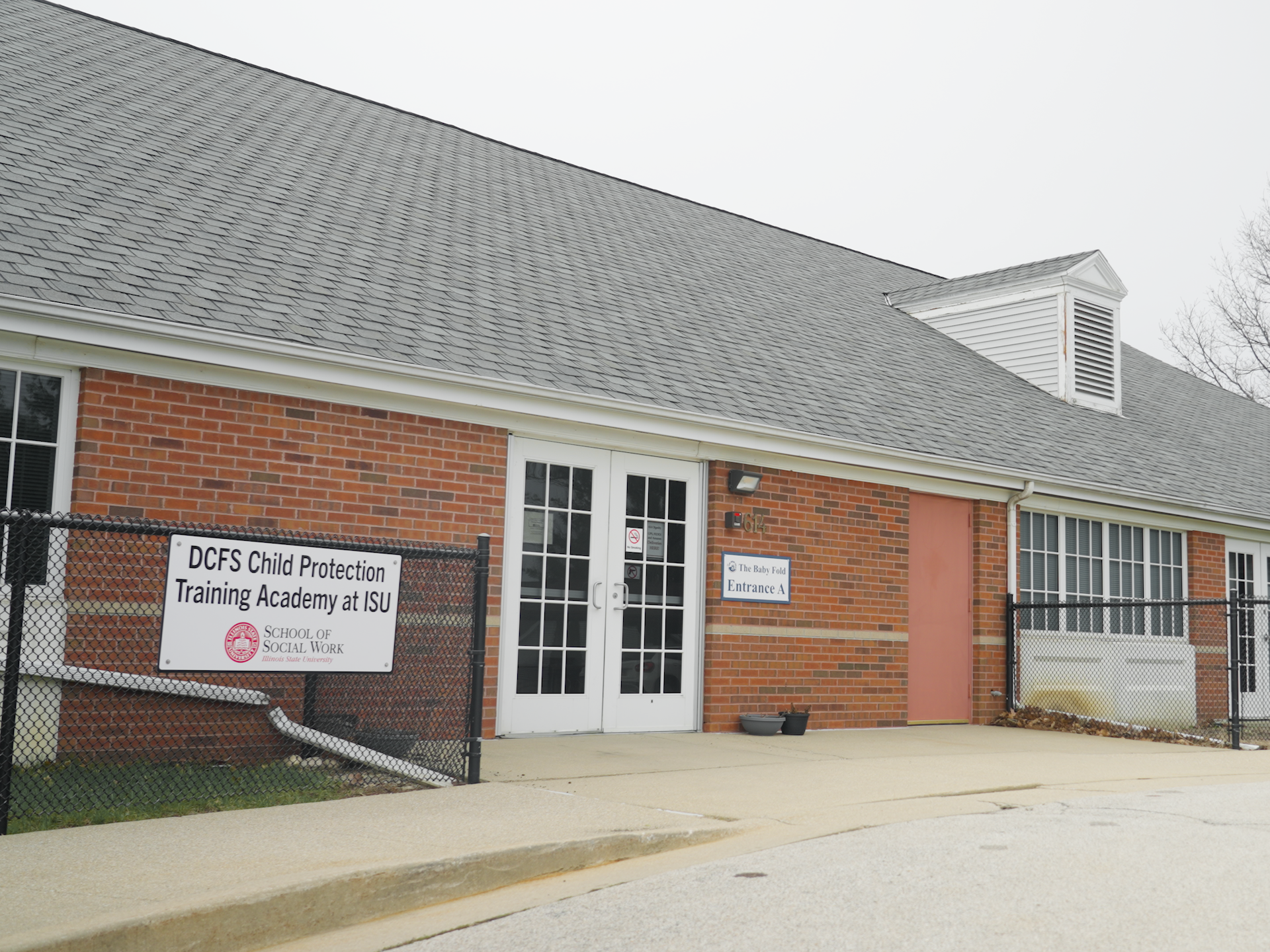Illinois Department of Children and Family Services
Child Protection Training Academy (CPTA) at Illinois State University
What have we learned?
The program is independently evaluated by the Child and Family Research Center (CFRC) at the University of Illinois Urbana. Following daily simulation sessions, participants complete surveys to assess their confidence during the 5 days of the simulation experience across 13 skills. Findings indicate statistically significant growth in all areas over the course of the week-long training.
Summary:
ISU has partnered over the years with the Illinois Department of Children and Family Services through the Center for Child Welfare and Adoption Studies, the Permanency Enhancement Project and the DCFS Youth-in-College programs. This longstanding commitment to the professional development of child welfare professionals, child welfare research, and promotion of equity for the children and families served by the child welfare system serves as the basis for this new endeavor to provide simulation experiences for child welfare professionals.
The University is committed to supporting workforce development and using the simulation experience to promote skill development and confidence in child welfare professionals.
Our Technology
Each of our simulated spaces is equipped with a camera and condenser microphone, which is routed back to our integrated audiovisual system for the monitoring of simulation sessions. We have 2 viewing rooms in each of the wings of our lab which contain a tablet for facilitators to watch live simulation sessions for feedback and debriefing purposes.




